A reliable air conditioner can turn your home into a cool haven during the sweltering summer months. It might be difficult to choose the best air conditioner for your home because there are so many different varieties on the market. Each variety caters to various preferences and demands with unique features, efficiency levels, and installation requirements. This blog will explain the various air conditioner types so you may choose one wisely and create a comfortable sanctuary in the middle of rising heat.
Central Air Conditioning Systems
Central air conditioning systems are the kings of cooling, especially for larger homes. These systems have a central unit that dehumidifies and cools air, which is then dispersed to other rooms via a system of ducts. The main benefit of central air conditioning is that it provides unrivaled comfort by ensuring a constant temperature throughout the entire house.
Split Air Conditioners
Split air conditioners are a popular choice for those seeking energy-efficient cooling solutions. Split air conditioners, which consist of an inside unit coupled with an outdoor compressor, provide silent operation and a streamlined appearance. These systems come in a variety of sizes, so they can be used in both small apartments and bigger living areas. Furthermore, split air conditioners frequently have sophisticated features like remote controls, programmable timers, and sleep modes that increase user convenience.
Window Air Conditioners
Window air conditioners are a classic choice for single-room cooling. These units are mounted directly on a window frame or a specially designed opening. Window air conditioners are simple to install and don’t require much work to the house’s framework. They are affordable solutions for smaller spaces, but because of the possibility of air leakage around the unit, they might be less energy-efficient than split systems.
Portable Air Conditioners
Portable air conditioners provide a practical solution for people looking for flexibility. These devices are lightweight and simply need an electrical outlet and a window for the exhaust line to be transferred from one room to another. Portable air conditioners can provide aimed cooling, but in bigger spaces or with open floor designs they might not be as effective as other models. Nevertheless, they are a flexible option because of their portability and simple installation.
Ductless Mini-Split Air Conditioners
Ductless mini-split air conditioners strike a balance between conventional split units and centralized systems. These systems are made up of a conduit connecting an outdoor compressor unit to one or more inside air handlers. Ductless mini-splits are recognized for their energy efficiency, precise temperature control, and zoning capabilities. They allow different rooms to be cooled to different temperatures, saving energy by avoiding cooling unused spaces.
Evaporative Coolers (Swamp Coolers)
In arid climates, evaporative coolers perform better than environmentally friendly options. Unlike traditional ACs, these systems use water to cool and humidify air, making them energy-efficient and cost-effective. The environments with the lowest humidity are those in which evaporative coolers perform best. They function by forcing heated air through water-soaked pads, which circulate cooler, moistened air into the living area.
Hybrid Air Conditioners
Hybrid air conditioners combine the best of both worlds by integrating the cooling functions of traditional AC units with the energy efficiency of heat pumps. Depending on variables like the ambient temperature and electricity pricing, these systems switch between using electricity and natural gas. Hybrid air conditioners’ adaptability offers maximum comfort while lowering energy use and utility costs.
Geothermal Heat Pumps
The pinnacle of energy-efficient heating and cooling technologies is represented by geothermal heat pumps. They use the Earth’s steady temperature to control the climate inside buildings. Geothermal systems offer significant long-term savings through lower energy usage, even if installation costs can be high. These systems utilize the Earth’s built-in capacity for heat exchange by pumping fluid through pipes buried beneath the ground.
Conclusion
The significance of choosing the ideal air conditioner for your home increases as the temperature rises. Every form of air conditioner offers a unique set of advantages and factors, according to various preferences and demands. Whether you choose ductless mini-splits for focused cooling, central air conditioning for its broad coverage, or evaporative coolers for their eco-friendliness, your decision should be in line with your budget, living arrangements, and climate conditions.
Consider the size of your house, your cooling needs, your energy efficiency goals, and the installation limitations before making a choice. Consulting with HVAC experts may offer insightful advice and guarantee that the type of air conditioner you choose will keep you cool and comfortable for years to come. Always keep in mind that finding the ideal AC is more than simply a purchase; it’s an investment in the comfort of your home and your general well-being throughout the hottest months of the year.




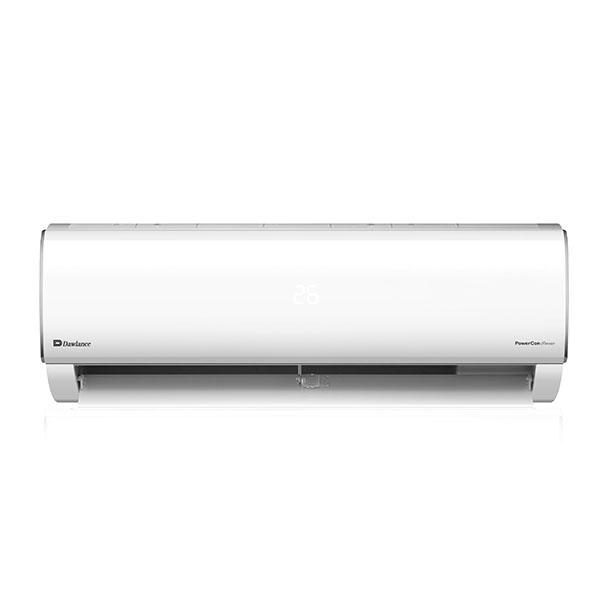

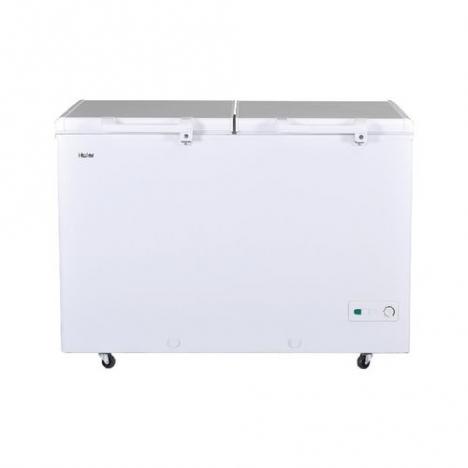

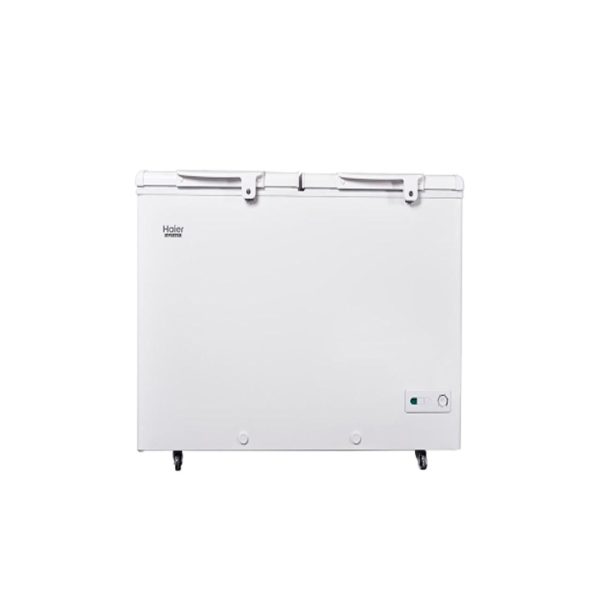
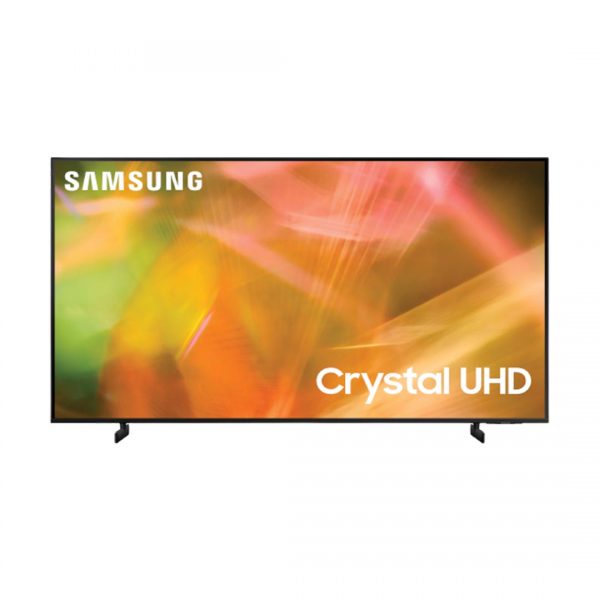
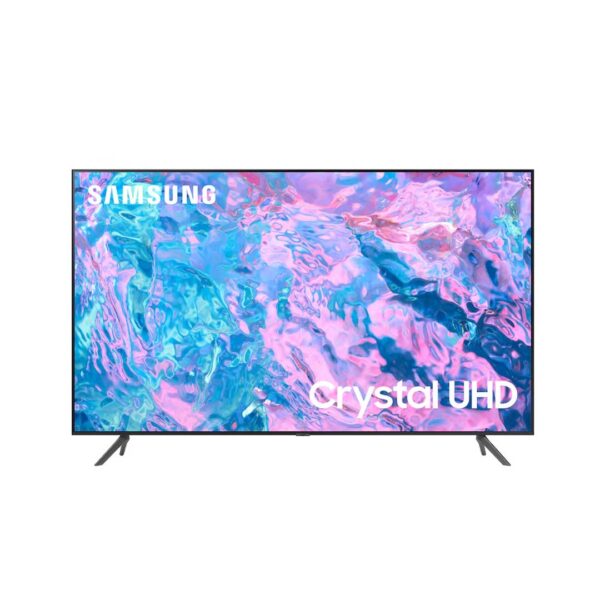

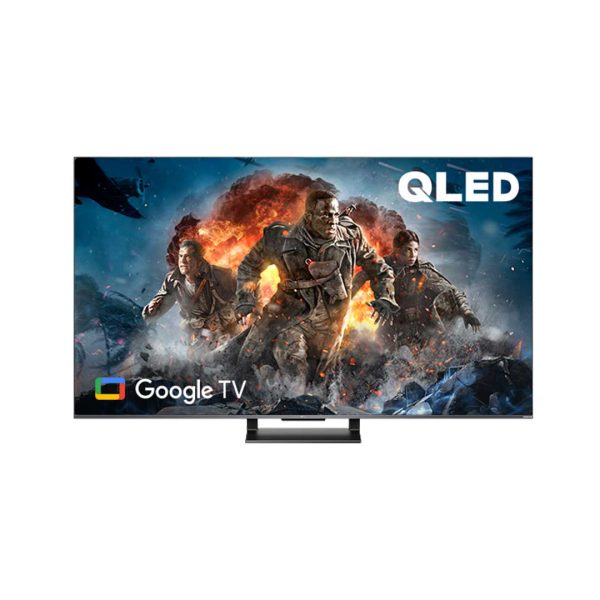
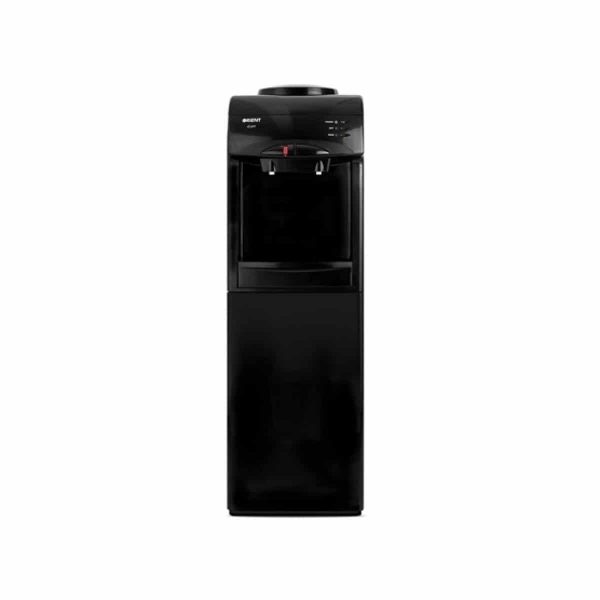
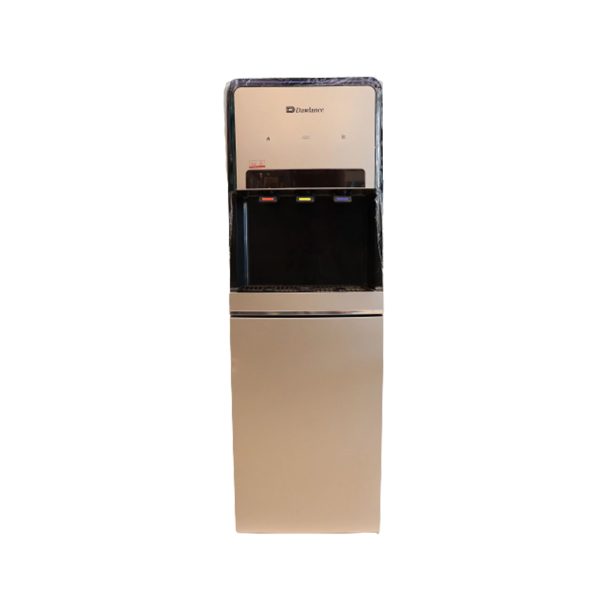




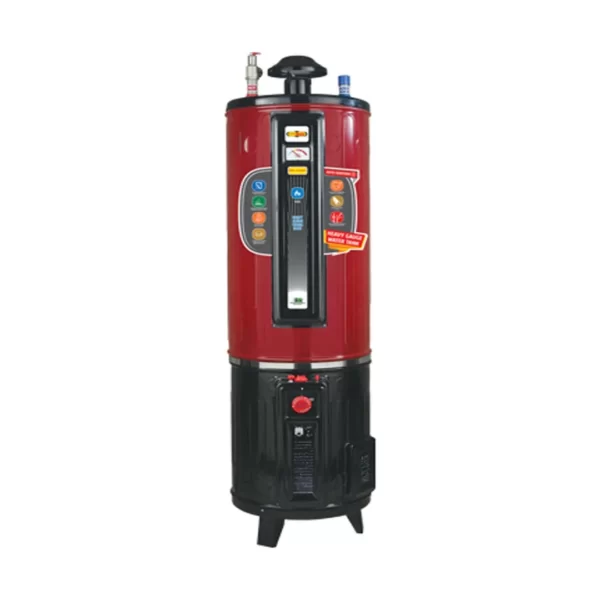

 Dryers
Dryers Ironing / Garment Care
Ironing / Garment Care